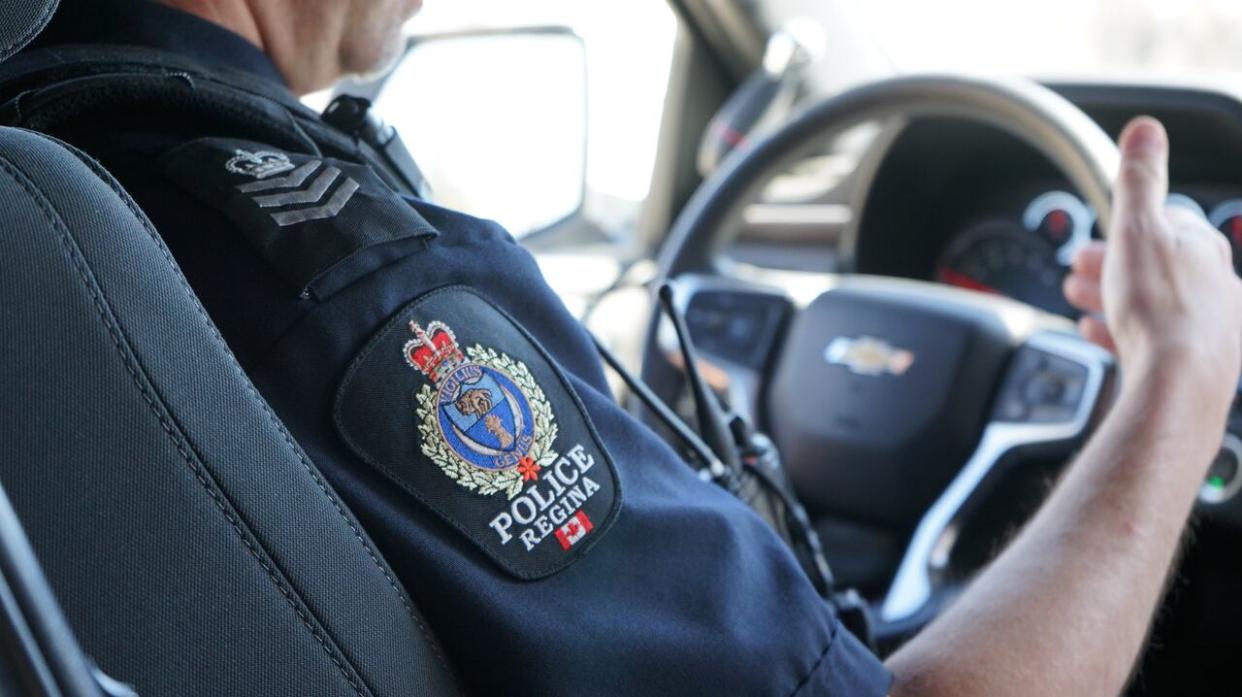After 21 drug overdoses in July, Regina on pace to set deadly new record in 2023

A month-over-month increase in the number of suspected overdose deaths in July has put Regina on track to record its deadliest year on record for drug toxicity, according to the city's interim police chief.
Dean Rae told the Regina Board of Police Commissioners on Tuesday that there were 21 apparent overdose deaths in the city last month.
That makes it one of the deadliest months for overdoses recorded by the Regina Police Service (RPS) since it began collecting the data in 2018.
It also pushed Regina to a total of 94 apparent overdose deaths in the city as of the end of July 2023. That's the most recorded through the first seven months of a year since RPS started collecting the data.
The data is part of a monthly statistical roundup RPS shares with the Regina Board of Police Commissioners.
Regina police reported 390 total apparent overdoses in July. Officers attended 50 of those and Narcan was deployed six times, according to the data.
Police are not the primary responders to overdose calls, Rae explained, saying officers will go to provide support if they are close but that the calls are often directed to Emergency Medical Services or Regina Fire & Protective Services.
The report also shows that June had fewer apparent overdose deaths than July, as has become typical during the past five years.
Roughly two-thirds of the people who have died this year are men. That is on par with previous years, data shows.
The data comes as the topics of homelessness, addiction and mental health continue to dominate policy in Regina.
Police Chief Evan Bray retired at the end of June and the service is still conducting a search to hire his replacement.
Under Bray, RPS implemented a de-facto decriminalization policy in the city, saying the police have dramatically reduced the number of people they charge with simple drug possession.
When drug charges are laid, they're now often trafficking-related, while people arrested on other changes and found to have a small amount of drugs do not face a drug charge.
Bray also stressed that he does not believe it should be the police service's responsibility to deal with addictions-related issues, even though they're often among the the first to respond.
He stressed that the health and support systems necessary to deal with addiction are not yet widely available in the city.
Rae echoed the sentiment on Tuesday, saying that addressing drug toxicity is a problem too large for a single police force to address.
"It is a community challenge. This isn't something that police can do," Rae said.
"It's a health concern and we really need everyone working together on this. We know in the community that we're struggling with having enough addiction supports in place. So I think that's really where it starts is we need to start building that support."
Bray also voiced support for a controversial policy that would force people with drug addictions into treatment against their will. Front-line organizations and an expert in substance use pushed back against that suggestion forcefully.
The provincial government did not directly answer when asked whether it has or would consider legislation that would allow for involuntary treatment.


